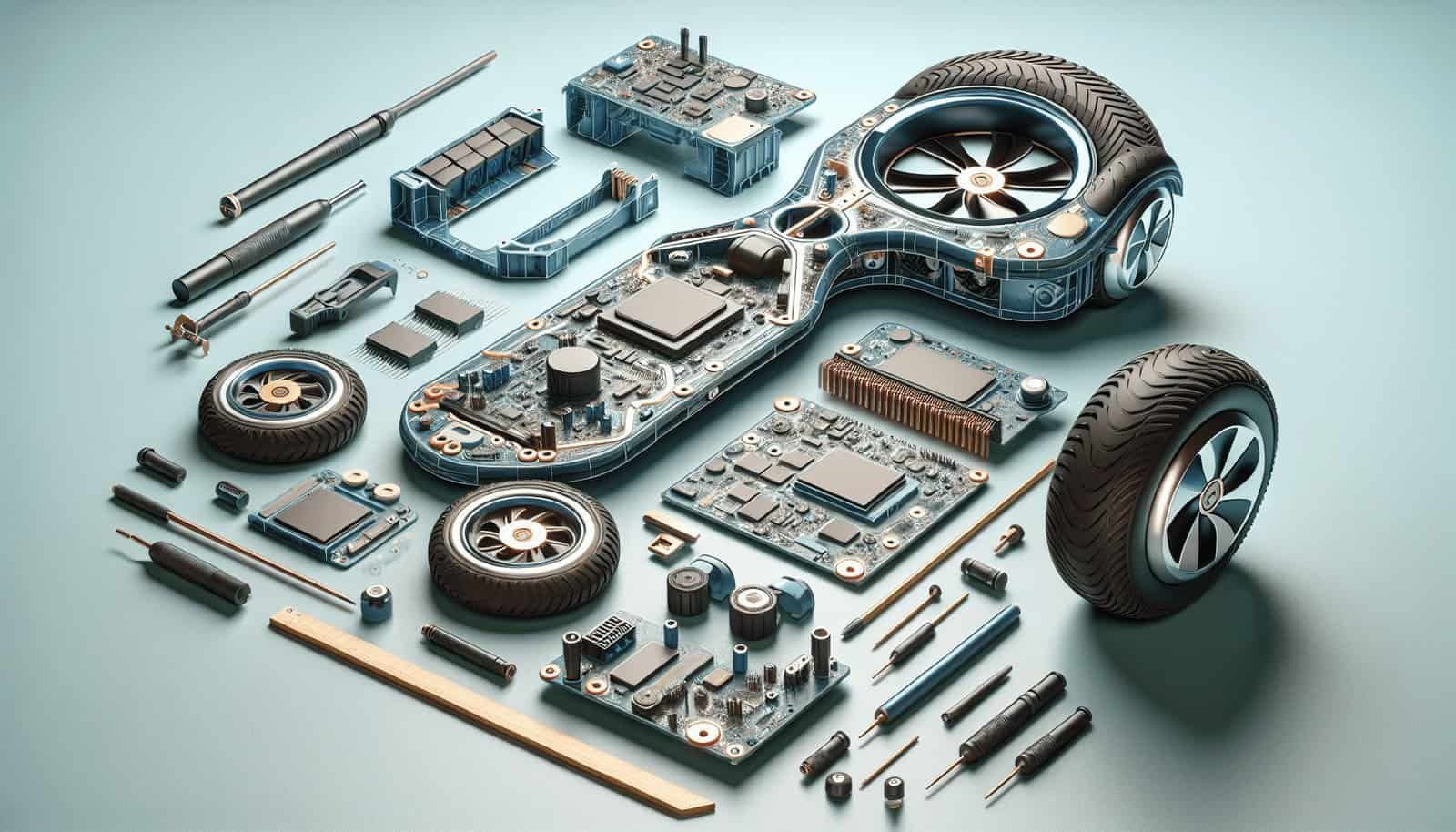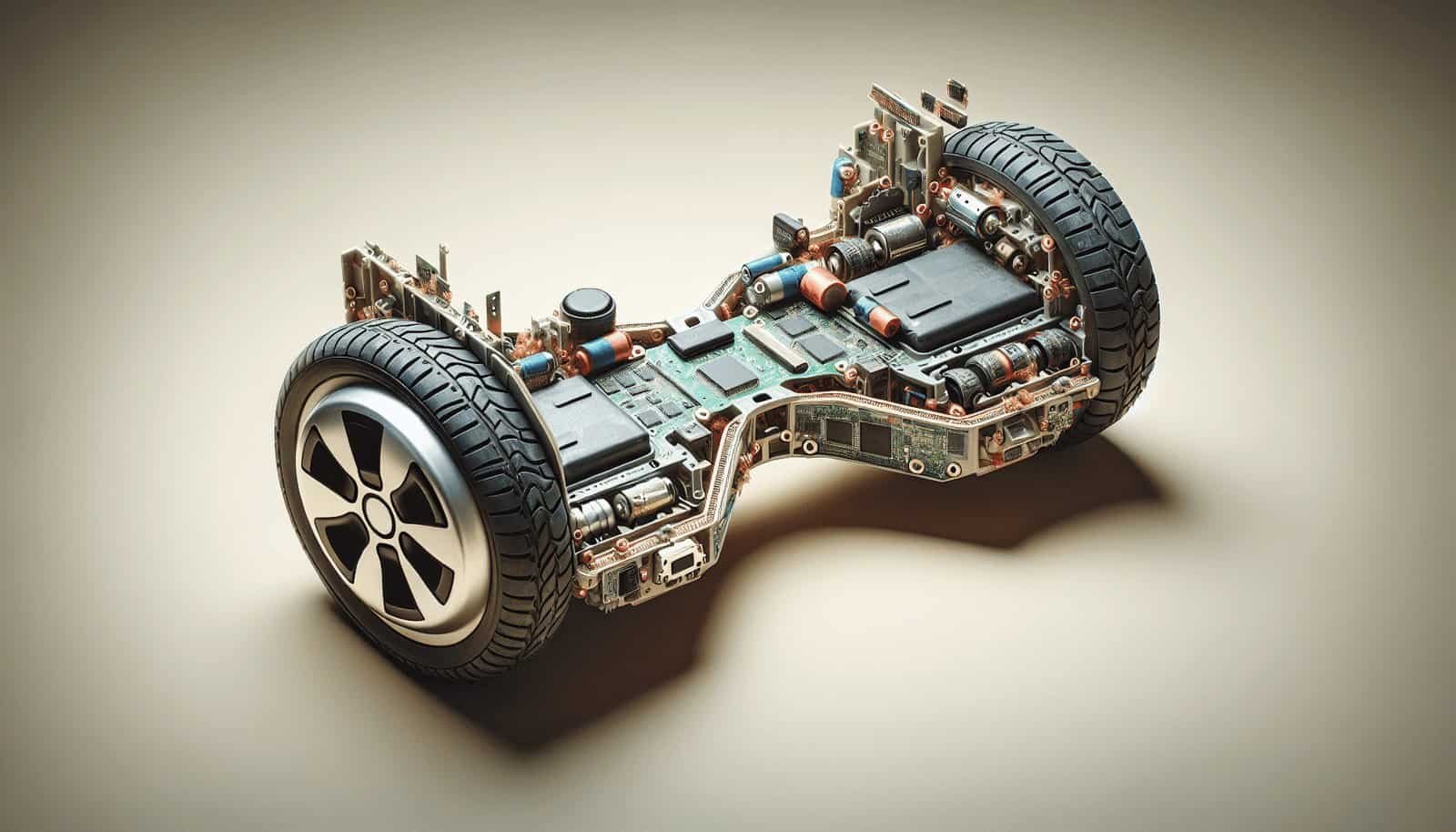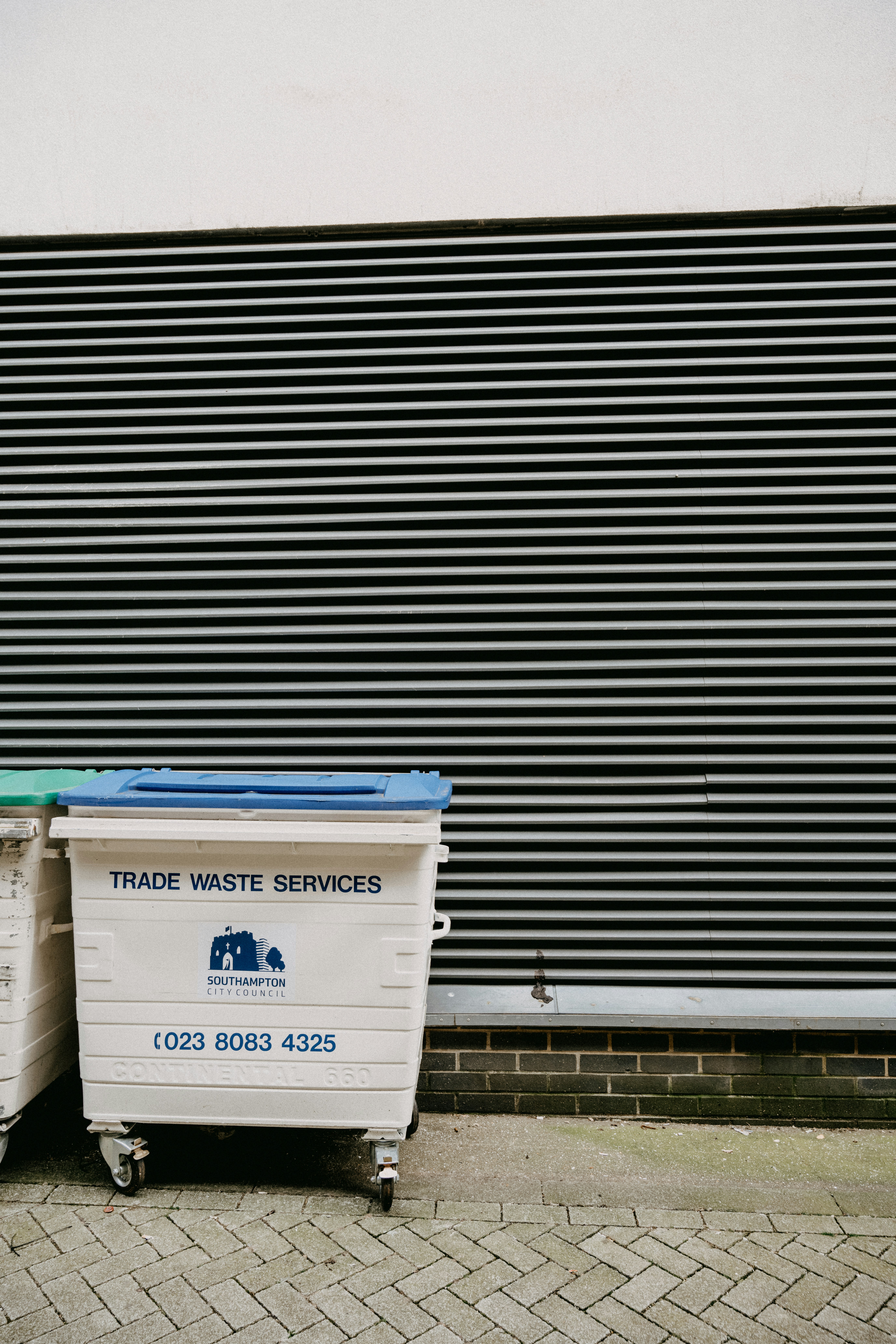Have you ever wondered what to do with an old or damaged hoverboard that’s taking up space in your garage or attic? These futuristic gadgets have been a hit since their inception, providing a fun mode of personal transport or simply a post-modern statement. But like any technology, they eventually reach the end of their lifecycle, becoming unusable or damaged. Unfortunately, you can’t just toss them in the trash. So, what are your options when it comes to disposing of these devices responsibly?
Understanding the Issues With Hoverboard Disposal
In order to dispose of a hoverboard properly, it’s important to understand why it’s not as simple as throwing it away. Hoverboards contain several materials and components that require careful handling. These components, if not disposed of correctly, can lead to environmental hazards and potential safety risks.
Batteries and Environmental Impact
One of the main reasons hoverboards need special disposal consideration is due to their lithium-ion batteries. These batteries are known for their efficiency and ability to power electronic devices, but they also pose environmental challenges. Improper disposal can lead to soil and water contamination due to the chemicals contained within the batteries.
The Material Composition of Hoverboards
Hoverboards are made of various materials, including plastics, metals, and electronic components. While some of these materials can be recycled, others need specific processing to ensure they don’t harm the environment. These components may also release toxic substances if incinerated or left to degrade in a landfill.
Steps to Proper Disposal
Now that you understand the risks associated with improper disposal, let’s explore practical steps you can take to ensure your hoverboard is disposed of responsibly. Each step outlines a different approach, helping you decide which fits your circumstances best.
Identify Usable Parts
Before considering disposal, check if any parts of your hoverboard can be salvaged. Sometimes, parts such as the charging port, wheels, or even the body frame can be used for repairs or sold as spare parts. This not only reduces waste but can also provide spare materials for someone else’s use.
Opt for Recycling
Recycling is one of the most eco-friendly ways to dispose of a hoverboard. Many components in hoverboards can be recycled, reducing environmental impact. Look for local recycling centers that accept electronic waste. They will typically have the necessary tools and knowledge to dismantle the hoverboard safely and ensure the individual components are recycled properly.
| Components | Can Be Recycled | Special Instructions |
|---|---|---|
| Plastics | Yes | Check if local centers accept them |
| Metals | Yes | May need separation at the center |
| Batteries | Yes | Require special disposal |
Consider Manufacturer Take-Back Programs
Some manufacturers have programs designed to take back old or damaged hoverboards. This not only helps you rid yourself of the device but also encourages manufacturers to recycle parts and materials responsibly. Check if your hoverboard’s manufacturer offers such a program, or reach out to them for advice on proper disposal.
Donating or Selling Functioning Parts
If the hoverboard is still partially functional, consider donating it to a charity or selling it to someone who can repair it. Often, educational programs or local community centers can repurpose or refurbish the device for teaching or other constructive uses. This approach extends the device’s life and contributes to a circular economy.
Hazardous Waste Drop-off
Many communities hold hazardous waste collection events where residents can dispose of items like batteries and electronic goods. Hoverboards fall within this category due to their battery content and other materials. Check with your local waste management services to learn about upcoming events or permanent drop-off locations.

Legal Considerations
In certain regions, there might be specific regulations governing the disposal of electronic waste. Understanding the legalities not only prevents potential fines but also ensures that you are doing your part for environmental sustainability.
State-Specific Electronic Waste Laws
Many states have electronic waste recycling laws that incentivize or even mandate consumers to recycle their electronics. These laws can vary significantly, so researching your state’s policies ensures compliance and proper disposal.
Penalties for Improper Disposal
Improper disposal can lead to fines and other penalties. Additionally, failing to dispose of electronics properly can contribute to larger environmental problems, so adhering to regulations benefits both you and the community.

The Future of Sustainable Designs
Sustainable product design is emerging as a focal point in electronics manufacturing. The way products like hoverboards are designed can significantly impact their ease of disposal and environmental footprint.
Innovations in Recyclable Materials
Some companies are exploring the use of biodegradable and recyclable materials in the design of new hoverboards. These innovations not only enhance the product lifecycle but also simplify the end-of-life disposal process, reducing the environmental impact.
The Role of Consumers
As a consumer, you have power in promoting sustainability. Support companies that prioritize environmentally friendly practices and stay informed about the latest in sustainable designs. This approach not only benefits the planet but also encourages industries to create sustainable products.

Conclusion
Disposing of a hoverboard responsibly is not just a matter of following regulations but a commitment to sustainable practices that protect the environment. By understanding the composition of hoverboards, leveraging recycling or disposal programs, and complying with local laws, you can ensure that you manage this process responsibly. Remember, every small action contributes to a larger environmental impact, and your choices can help pave the way for a healthier planet.



